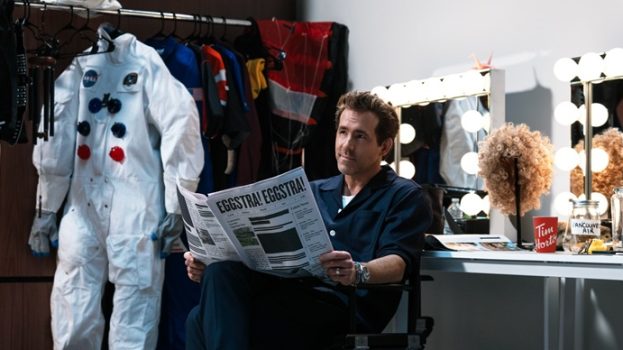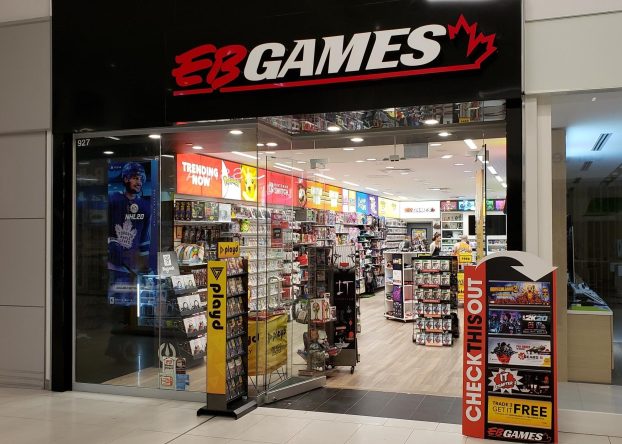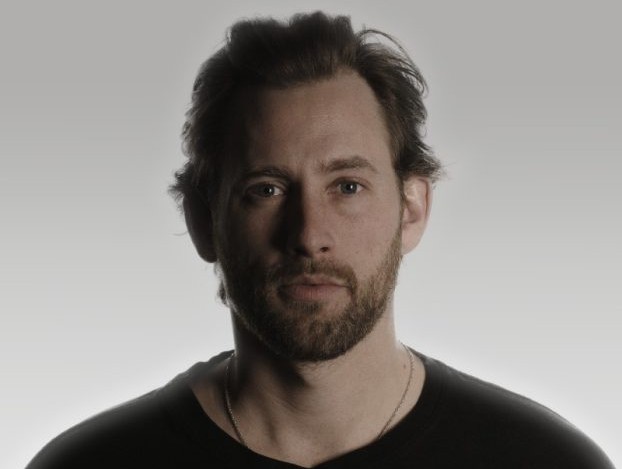
As COVID-19 spreads, brands are looking to preserve public trust with policies to limit transmission in stores and offices, guaranteeing product availability, canceling public events – and by adjusting messaging to avoid perceptions of profiteering during a global pandemic. But what do you do when your brand positioning has been built around immune system strength and not getting sick?
Vitamin and supplement brand Jamieson Wellness has halted three planned pop up activations planned for March and early April in Toronto, Montreal and Vancouver, part of a national awareness campaign to promote alternative product formats like chewables and sprays.
Corrine Chan, campaign manager for Jamieson Wellness, told strategy earlier this week that the brand was still planning to use the events to educate people about keeping their immune systems strong, though it fully expected foot traffic to be lower than normal, particularly at one of the pop-ups planned for the Art Gallery of Ontario during March Break. In subsequent days, however, concern over COVID-19 grew and the company reconsidered, joining most other businesses across North America in pulling back from public events, effective immediately.
“As the situation around COVID-19 is constantly evolving it requires our response to it to do the same,” Ruth Winker, Jamieson’s corporate communications director, told strategy in an email.
 Jamieson was also in-market with a cold and flu campaign long before the virus was a growing concern, but OOH ads with messages like “when sick people go to work, so do their germs” remained in market in Toronto as the virus began to spread more rapidly in Canada last week. The company says the non-public elements of the campaign will continue to run through the end of April, as planned. Daniel Oliveira, brand manager at Jamieson, says it has not received push-back from consumers questioning the timing of that creative. He adds that the products in the cold and flu portfolio were clearly targeted at those two ailments, and that Jamieson is “careful not to talk about COVID-19 in any of our commercial efforts or even from a content standpoint.”
Jamieson was also in-market with a cold and flu campaign long before the virus was a growing concern, but OOH ads with messages like “when sick people go to work, so do their germs” remained in market in Toronto as the virus began to spread more rapidly in Canada last week. The company says the non-public elements of the campaign will continue to run through the end of April, as planned. Daniel Oliveira, brand manager at Jamieson, says it has not received push-back from consumers questioning the timing of that creative. He adds that the products in the cold and flu portfolio were clearly targeted at those two ailments, and that Jamieson is “careful not to talk about COVID-19 in any of our commercial efforts or even from a content standpoint.”
Katie Heelis, health practice lead for strategic communications firm Enterprise Canada, says there is no single answer to how a brand can manage risk in a situation as fluid as the current pandemic, but going against the grain and not heeding directives from public health officials and communications agencies on best practices is always going to increases the risk of a public relations or trust mishap. But she also says that they shouldn’t be overly cautious either: businesses still exist, and Canadians still want to know which products they have access to.
She says the best way to maintain public trust without appearing opportunistic is to communicate as directly as possible to address consumer concerns. She urges brands be open and let consumers know “you are taking every possible measure to protect their health and well-being.” That also includes taking cues from sources like Health Canada or the Public Health Agency of Canada when it comes to both public activations and taking measures to protect staff and from the spread of the virus.
“There is no greater defence against this economic disruption than preserving the trust of your customers,” Heelis says, adding that the most successful companies are the ones that are the most responsive to changes in the public health environment, including when it comes to access to products consumers need at a given time.
Mark Hornick, president and CEO of Jamieson Wellness, recently told The Globe & Mail that the supplements maker is “running at approximately 70% of capacity right now with some initiatives in place to allow us to increase capacity.” Aura, a newer entry into the supplements space and a recent competitor to Jamieson, is assessing its inventory so it’s able to respond effectively to shifts in product demand.
“Supporting our retail partners will be central to our efforts and we’ll keep in close contact to understand what they’re experiencing at their particular locations so that we can develop the most relevant responses and tools to help them,” says CEO and co-founder Chris Ongkiko, who adds that retailers have bolstered their supplements inventories in the face of the current uncertainties. “At the same time, we are also bracing for a dip in new listings and sell through and will continue to analyze all available data in order to anticipate the duration and severity of the impacts” he says.
Ongkiko adds that the brand’s own sampling programs remain a high priority, which it is able to continue as it is sent to consumers in-home.























